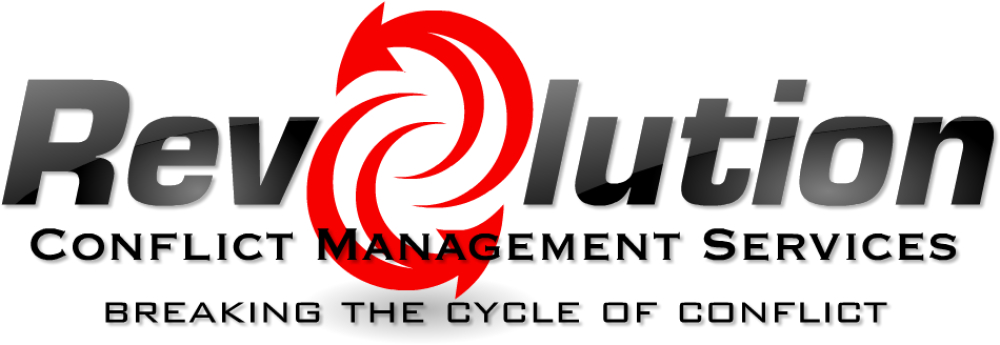As a highly experienced consultant in conflict resolution, I offer a specialized service known as Confrontation Management Training. With my deep understanding of conflict dynamics and proven strategies, I provide individuals and organizations with the essential skills and knowledge needed to effectively navigate confrontational situations.
Introducing the CALM Program
CALM is short for Confrontation, Aggression and Liability Management. In this comprehensive training program, participants will learn the art of de-escalation, effective communication techniques, and strategies to manage and diffuse potentially volatile encounters. Through interactive workshops, real-life case studies, and role-playing exercises, clients will gain the confidence and competence necessary to handle conflicts assertively yet tactfully. Whether it’s dealing with difficult customers, managing workplace disagreements, or resolving personal conflicts, this training equips individuals with practical tools to defuse tense situations and foster positive outcomes.
With my extensive background in conflict resolution and use of force analysis, I bring a wealth of knowledge and expertise to this training program. By combining theory with practical application, I ensure that participants not only understand the principles behind confrontation management but also develop the necessary skills to implement them effectively.
Whether you are an individual seeking personal development or an organization looking to enhance your team’s conflict resolution capabilities, this training offers a tailored and customized approach to meet your unique needs. With my guidance, you and your team will gain the confidence and competence to manage confrontations with professionalism and composure.
What will you learn?
Definitions: At the conclusion of this unit, participants will have an operational knowledge of conflict, aggression, and emotional triggers, and how they contribute to the escalation of confrontational and aggressive behavior in both ourselves and others.
Concepts and Theories: Upon completing this unit, participants will understand essential concepts such as Needs Theory, Empathy, Amygdala Hijack, and attribution theories like Self-Serving Bias, Fundamental Attribution Error, Confirmation Bias, and Actor-Observer Bias. They will also grasp the significant influence these concepts have on interpreting interpersonal events and shaping our responses to them.
Staff Skills: At the end of this unit, participants will have developed practical skills required for effective de-escalation. This includes recognizing the characteristics of a skilled de-escalator, maintaining self-control in the face of aggression, and employing effective verbal and non-verbal communication techniques during interventions.
Subject Behaviors: Upon completing this unit, participants will have a comprehensive understanding of the six main levels of escalation and the ability to identify and select appropriate interventions based on observed factors such as personal space, body language, and paraverbal behavior. They will be adept at assessing an individual’s level of agitation and recognizing the potential for violence.
Intervening: After finishing this unit, participants will possess a strong working knowledge of the de-escalation intervention process. This knowledge encompasses engaging with individuals, knowing when to intervene, considering safety aspects, and deploying effective de-escalation strategies.
Liability Considerations: At the conclusion of this unit, participants will comprehend the legal and ethical liabilities associated with interventions in highly emotional situations. They will learn how the approaches and strategies outlined in the program not only improve outcomes but also provide protection from potential legal, organizational, or ethical consequences in case of questions or complaints.
Putting it All Together: The focus of this unit is on demonstrating how the information from each of the previous five units’ function in combination with one another, resulting in the skills and abilities necessary to conduct a safe, effective and efficient intervention.


